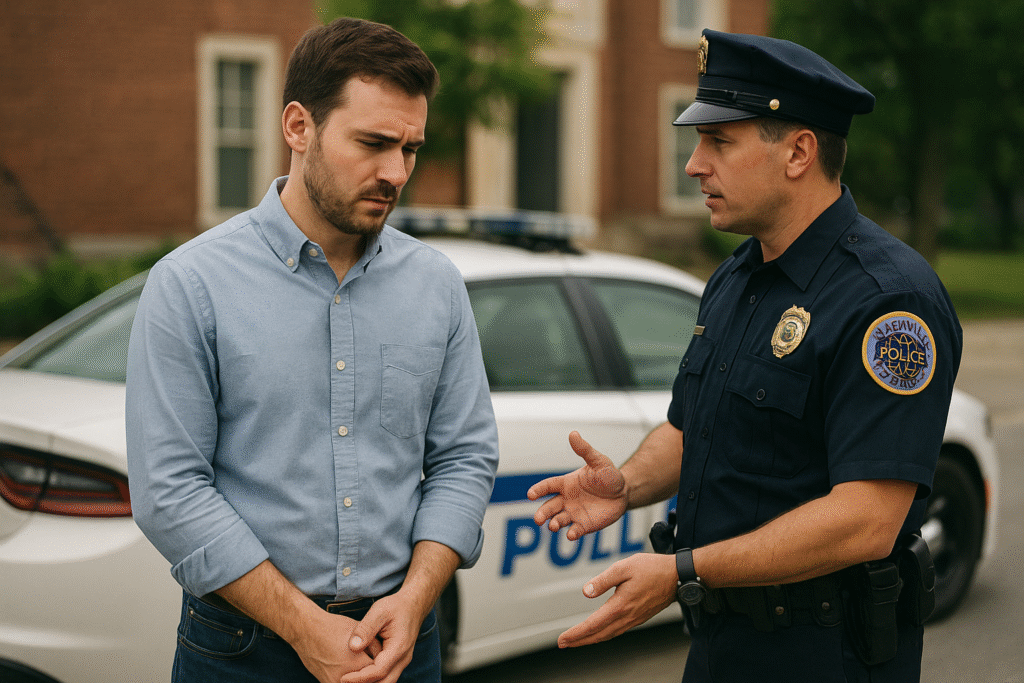Getting arrested can be a disorienting experience where you’re not quite sure what the right thing to do is. Not only can it have serious consequences, but it can also be a time of great upheaval and confusing interactions with law enforcement. What rights do you have after being arrested? What should you do after being charged with a crime? In a city like Nashville, where arrests of adults increased 23.2% from 2022 to 2023, according to the Davidson County Criminal Justice Planning, it is important to know ahead of time what steps to take in the event of detainment.
This article will walk you through three things to keep in mind if you are ever arrested that will help you navigate these complicated waters with more confidence.
1. Know Your Rights – and Assert Them
When you’ve been arrested, it’s critical to know what rights you have in that situation and how to protect them. The police officer performing the arrest should read you your Miranda rights, by either orally reciting them or having you sign a paper writing them out. It’s what you always hear on those cop shows — that you have the right to remain silent because anything you say can and will be used against you in a court of law, and that you have the right to an attorney.
Asserting these rights is simple. All you need to say to unequivocally assert them both is something like, “I will not speak until I have spoken to an attorney.” The key is that you maintain that silence and only repeat that you are evoking your right to counsel. Saying things like, “Should I get an attorney?” or just staying silent without first making it clear that you are asserting your right to silence and to counsel won’t work. Remember, Miranda rights are your rights, ones that you can assert and revoke at your own will. Police cannot continue to question you after you have made it clear that you want to speak to an attorney. If you choose to talk with law enforcement even after evoking your rights, that will be viewed as you voluntarily giving them up.
To keep it simple: Tell the police you will not speak and want an attorney, then stay quiet.
2. Contact a Criminal Defense Attorney
After reading the first step, this next one should be a no-brainer. No matter what offense you have been arrested for, having a knowledgeable and dedicated defense attorney in your corner can make all the difference. While you’re making sure to maintain your right to remain silent and to counsel, you need an advocate who can skillfully fight your case on your behalf.
You can use your phone call to either contact a defense attorney you already have a relationship with or to ask someone else to retain one for your case. If you cannot bond out and stay in custody, you should wait until your first hearing, which should be within a few days after your arrest – and state your need for counsel to the court. It’s important to remember that jail calls are recorded and can be used as evidence, so do not go into any details about your arrest. Simply tell whoever you have called that you have been arrested, have been taken to this location, and need an attorney.
3. Be Proactive and Informed
You can be your own greatest asset in helping your case be resolved in the best possible way. Part of that is staying engaged and not just hoping it will all just “go away.” It is important to keep up-to-date with your court dates and developments for two reasons: to show the court that you are taking the charges against you seriously and to ensure that you are not missing anything that could result in a warrant or other serious consequence.
Another important aspect of this step is maintaining an open and honest line of communication with your attorney. This includes telling your attorney about what exactly happened during your arrest, any history that may complicate the case (especially any prior convictions), and
Your attorney may suggest you attend a drug or alcohol awareness class, even if a court has not required it, as a show of goodwill if your charge is related to impairment – like a DUI.
3.5 Be Patient
A little addition to this step would be to practice patience. The court system has never been known for its expediency. Test results can take a while. Building a case takes a while. Although it can be frustrating to have a case in criminal court seem to be in limbo, keeping an open and understanding line of communication with your attorney can ensure things progress as smoothly as possible. Oftentimes, seeing a case through is a marathon, not a sprint.
One such affirmative defense is self-defense. This means that you used an appropriate amount of force to defend yourself against violence initiated by the alleged victim. What constitutes an appropriate amount of force depends on the case and on the amount of force the alleged victim themself was using, but it is worth noting that using deadly force is generally never considered appropriate unless being met initially with deadly force.
Arrested? Contact Us Today
Getting arrested can carry life-altering consequences. Knowing the first steps to take immediately following can not only give you peace of mind and empowerment when dealing with law enforcement but also can set your case up for success. Having a skilled criminal defense attorney like those at PNC Law to fight the charges against you can mean the difference between dropped charges and jail time.
If you or someone you know has been arrested in the Nashville or Middle Tennessee area, contact PNC Law today at (615) 785-2000 or philip@tncriminaldefenseattorney.com.

